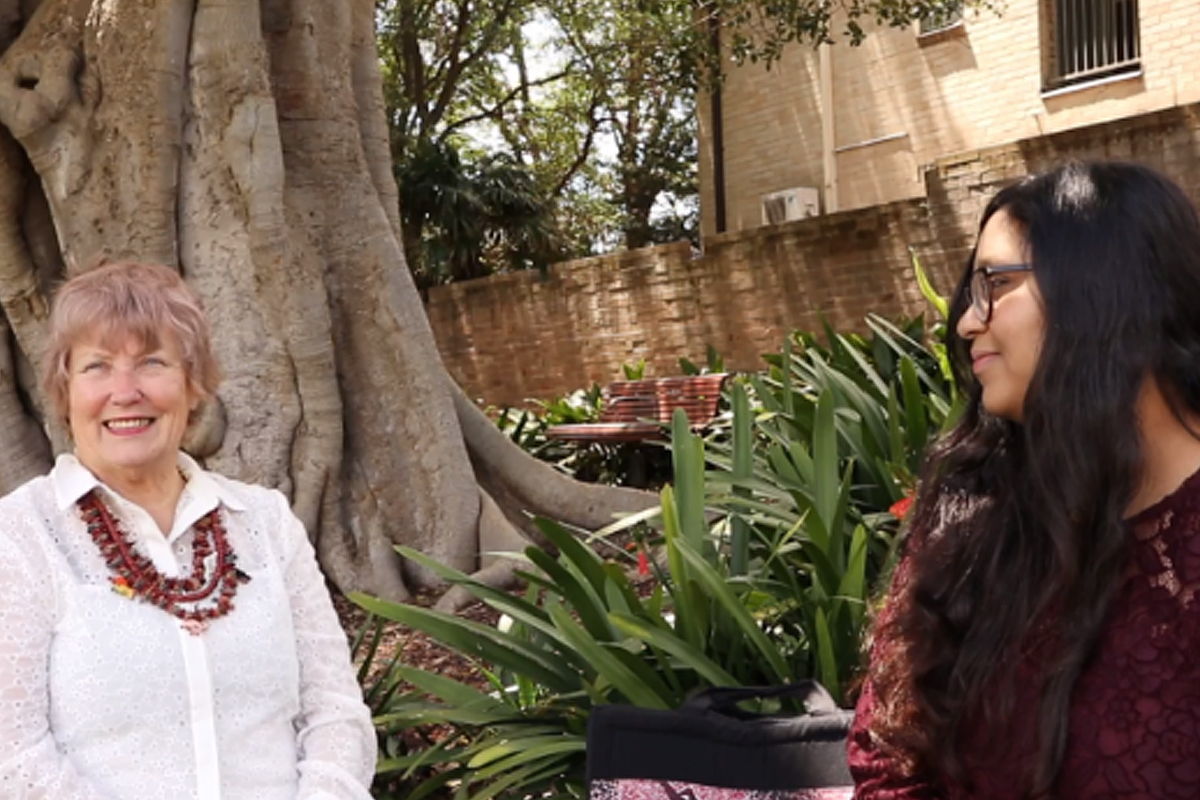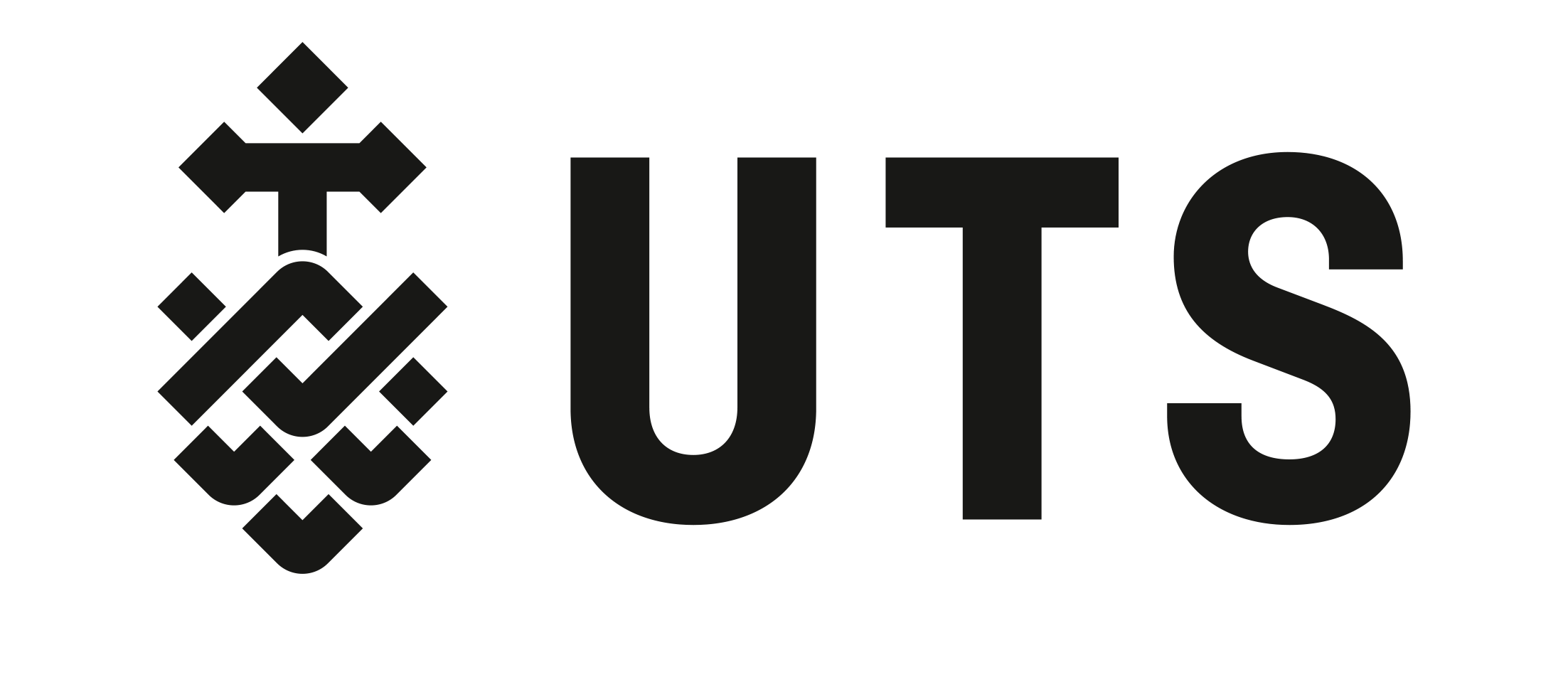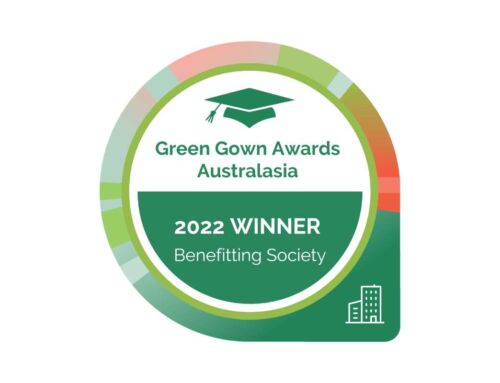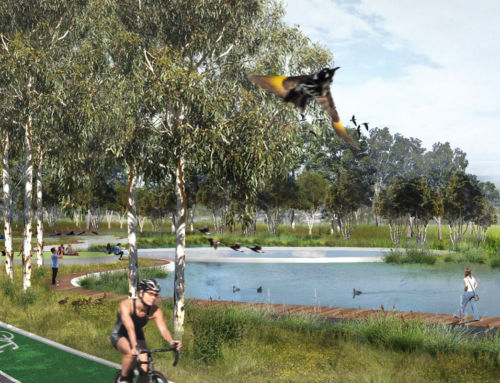Intergenerational COVID response – Glebe Digital Mentoring
UTS identified two community groups affected by the pandemic and its lockdowns. Vulnerable seniors in a social housing community were isolated with poor levels of digital literacy. UTS international students experienced financial hardship, having lost jobs with no access to government support, and isolation from family.
The Digital Mentoring program employed international students to mentor seniors in Glebe. Students were paired with multiple residents, meeting weekly over three months. The program aimed to reduce social isolation for both groups, offering students opportunities to develop leadership skills whilst increasing residents’ confidence and access to digital services, information and networks.
The program’s strength lay in the relationships it fostered. Students reported growing attachments to the mentees, a more positive experience of life in Australia, and increased self-confidence. For seniors, the program had a significant impact on confidence and wellbeing. This program has since been awarded a City of Sydney grant to expand services.
> The initiative
It is more important than ever that seniors can access online spaces. COVID-19 saw many activities and businesses move online. The internet is also an important source for news, local information, services, and social connection. Seniors without digital access or skills are unable to adapt to the ‘new normal’ online environment. They risk further social isolation and disadvantage.
At the same time, international students experienced financial and psychological hardship due to lost incomes attributed to COVID lockdowns. Ineligible for government support programs, this cohort needed avenues to earn an income. Lockdowns also created social isolation for them, away from family and friendships in their home countries.
The Glebe Digital Mentoring program, run by the UTS Centre for Social Justice & Inclusion, connected UTS international students with senior (55+) Glebe and Forest Lodge social housing residents also affected by COVID lockdowns and seeking basic support with technology. The program was informed by our involvement in GlebeConnected, a community collaboration focused on supporting communities facing systemic hardship, in particular Glebe’s proud Indigenous and social housing communities. These communities routinely face disadvantages; this was increased during the pandemic.
The program sought to: upskill seniors in digital technologies; address social isolation among seniors; provide short-term employment for UTS International students who did not qualify for government support, and create connections and belonging for international students who were often treated unkindly during the pandemic. Students experiencing hardship were identified and invited to participate, referred by the Student Service team and UTS counsellors. Project coordinators then met with these students to identify suitability. Program coordinators worked with local community groups and services and community connectors to identify seniors in need. This allowed coordinators to match the mentee with an appropriate mentor.
The initial pilot saw five student mentors provide one-on-one mentoring to 15 seniors. Each student was paid up to ten hours per week for three months to provide mentoring. UTS gave student mentors resources and training, including on working with seniors, elder abuse, developing relationships, handling difficult situations, and delivering content accessibly. Mentors then contacted mentees directly to organise a time and place to meet. In the first session, students helped the mentee to create a plan, and identify three learning goals for required skills. Digital technology skills covered included accessing government services through MyGov, emailing, creating folders, taking digital photos, and foundational skills. In the sessions, students supported mentees to use online forms, shop online, use apps including COVID Safe and QR code check-ins, make virtual medical appointments, organise files, and connect digitally to friends and family. The mentors filled out weekly reports to keep track of the project and advise the project coordinators of the type of activities being covered in the sessions. Coordinators would also make regular phone calls to mentees to confirm activities and check on their wellbeing and satisfaction. At the conclusion of the program, mentors and mentees were invited to a COVID Safe picnic in Foley Park in Glebe to celebrate their community connections and growth.
> Environmental and social benefits
Developing digital literacy in seniors has a broader impact than immediate tasks, such as ‘accessed MyGov’. The skills have a deeper impact on feelings of confidence, fulfilment and purpose. Both mentors and mentees surpassed their own expectations and increased their confidence during the program. One mentor said, “it has changed me as a person. Learning does not stop at a certain age and I’m glad I was there for someone to help them through the process.” The program also increased social connectedness as the senior mentees used their new skills to connect digitally with friends and family. Increased digital literacy resulted in measurable increased health improvements for one resident.
Students were able to earn an income during a time of extreme financial hardship, and built resilience and leadership skills. They reported improving language skills, a more positive experience of life in Australia, and increased levels of self-confidence.
At a broader societal level, the program provided opportunities to conduct wellbeing checks with a vulnerable group of seniors during the pandemic. All participants benefitted from community connectedness – both students and community members – which contributed to increased community resilience by developing supportive networks.
> Leadership and engagement
Mentoring projects to assist seniors to increase their digital skills already exist. But what made this program distinct was:
- It used circles of trust within the community (via our involvement in GlebeConnected) to identify vulnerable people needing assistance, as this particular demographic do not normally participate in such programs.
- Having a three-month program allowed mentors and mentees to get to know each other, developing trust.
- The program facilitated friendships and empathy between the mentors and mentees, which was particularly significant in such an uncertain time.
- The learning framework includes goal setting and homework practice. This allowed mentees to understand and see their progress, and repeated examples allowed this learning to be consolidated and tested over subsequent weeks.
Focussing on building confidence and skills rather than student mentors doing tasks on mentees’ behalf or just problem-solving.
> Significance to the sector
This is a win/win project with benefits on so many levels. Firstly it’s a wonderful positive response to COVID, bringing out the best in people and the community at a time of great societal stress. Second it’s also a wonderful intercultural project, bringing together social housing tenants and intergenerational students and facilitating deep social connections between two groups that seldom come together to form deep bonds in this way. Thirdly it’s a fantastic inter-general project with most of the students one or two generations removed from the partners they were working with. It’s a project that met the very different needs of the two groups, financial income for the students and digital literacy and skills development for the public housing tenants. Finally, it’s a project that produced strong social benefits for everyone involved – these benefits were over and above the key objectives of the project.
> Wider societal impact
Digital mentoring demonstrates an example of ‘social acupuncture’ – a small-scale intervention that can have a significant impact upon the lives of those involved.
As well as digital upskilling, the program brings people from diverse backgrounds, cultures, and ages together. This helps build empathy and a shared understanding within the community. The program also builds community resilience by increasing social connections in the community.
Exposing students to older community members from disadvantaged backgrounds builds empathy within students. This has the potential to carry forward into their work, but also to encourage students to continue to contribute to the community.
Digital upskilling further offers people with limited participation in online work a chance at participating.
> Learner/Graduate employer impact
The Digital Mentoring Program provides employment experience for students. They represent the university, their employer, in the community during a stressful time for the community.
Students needed to problem solve, manage uncertainty in a changing environment, and identify risks and manage their and their mentee’s health and safety by implementing and maintaining COVID safety plans and guidelines. We saw the result of this in terms of increased confidence and feelings of resilience, pride and capability among student participants.
The experience also built further professional skills – students had to adhere to a code of conduct, regularly report on their work and manage themselves independently. They also developed their communication and customer service skills.






